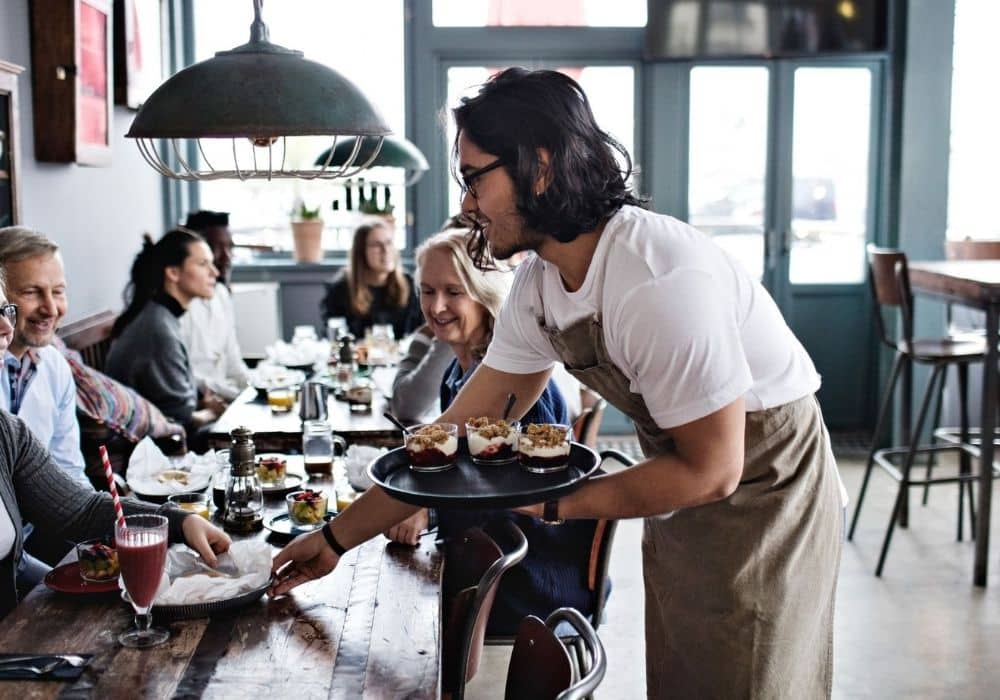How CBD-Based Businesses Can Make Over Mondays
The nation’s CBDs are in recovery mode following nearly two years of lockdowns, but there is still work to be done to help hospitality venues bounce back.
As cities around Australia start to buzz back to life following repeated lockdowns, a shift has happened in the way staff come into the office. With many workplaces settling into hybrid work-from-home arrangements, Mondays and Fridays are quickly emerging as the preferred days to avoid the commute, stay in leisurewear and log on from the comfort of home.
While this is great for those that can swing it with their bosses, on the other side of the equation are the hospitality venues who rely on the patronage of those same workers for business. And when they’re working from home, foot-traffic obviously takes a big hit.
While there have been signs of recovery, the number of visitors is nowhere near the levels they were before the pandemic, meaning the industry is suffering. To combat this, many businesses are looking at novel ways to make up the shortfall.
Finding new revenue channels
There are many tried and tested ways to attract customers on slow days. Promotional pricing matched to days of the week is a popular one, as are events, such as free live music – which also supports another industry decimated by the pandemic.
Other attractive options to entice those reluctant to make it into the CBD include holding workshops, industry nights and grand re-opening events, or offering early-bird deals, exclusive chef’s tables and full-experience menus (including wine pairings).
Wes Lambert, CEO of the Restaurant and Catering Industry Association, says while hospitality businesses in the CBDs continue to be hard hit, venues are continually adapting to stay afloat.
“We’ve seen many hospitality businesses settling into a suite of new revenue channels that did not necessarily exist before the pandemic,” says Lambert.
“Some are packaging their meals so that if you come on Tuesday, Wednesday, Thursday because you’re in the office, they give you the ability take pre-packaged meals home for those days and nights when you’re working from home.”
Lambert says another good option is to make menus available on multiple delivery partners and then have them consolidated on one app instead of having customers juggling multiple applications.
“This [app business] has increased from 8 per cent pre COVID to now between 25 and 40 per cent, depending upon the day and the market,” he notes. “Many businesses are also offering table ordering using QR codes, which increases the speed of service. That means on Tuesday, Wednesday and Thursday, businesses can turn those tables faster and get more people through the door.”
Money talks
While Melbourne and Sydney both offered financial incentives in the form of discounted dining and vouchers, Lambert says unless those vouchers are only available on the days people aren’t coming into the CBD, they won’t have much effect on the slower days.
“Vouchers are great, and they certainly will help bring back consumers into the CBDs,” he adds. “But the habits of office workers have changed and if those vouchers work every day of the week, they may not go to changing the habits of office workers.
“Things like free transportation, events on Monday nights or long lunches on Mondays and Fridays are the incentives we need to get people to come back to work on those days.”
Most Read
-
Stay up to date with the latest news, industry insights and Fine Food Australia updates.
- Subscribe









